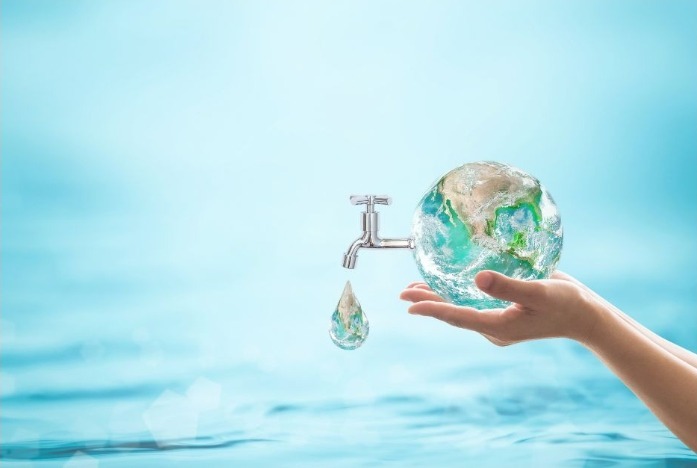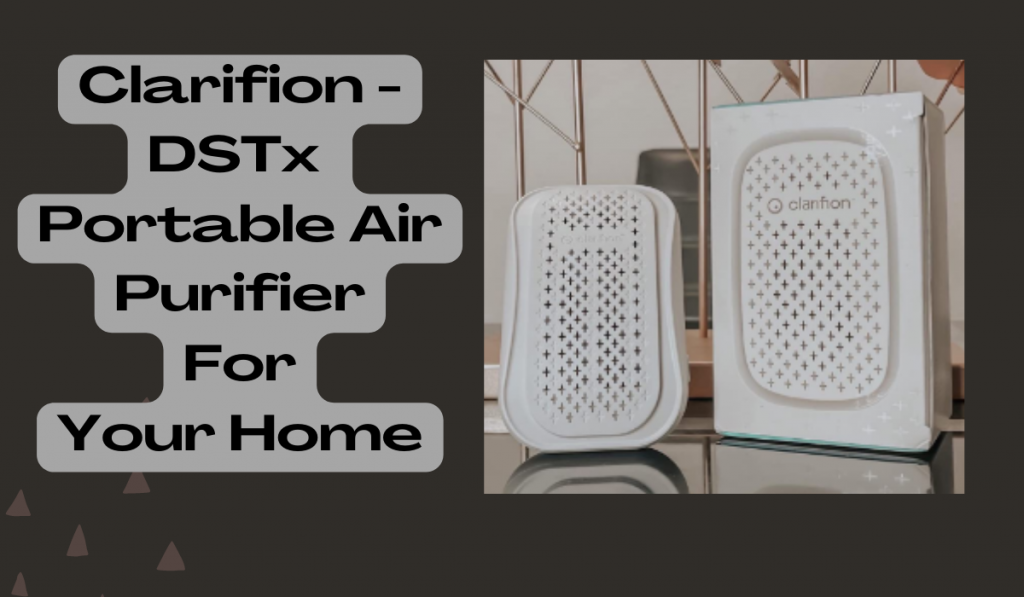In this comprehensive guide, we will delve into the crucial topic of water quality and how it relates to plumbing filtration systems. Water is an essential element in our daily lives, and its quality significantly impacts our health and well-being.
In this article, we will provide you with expert insights, actionable advice, and answers to frequently asked questions (FAQs) to help you make informed decisions about your plumbing filtration needs. Let’s embark on this journey to better understand why water quality matters and how you can ensure it in your home.
The Significance of Water Quality
Water is not just a simple liquid; it’s the lifeblood of our homes. From drinking to cooking, cleaning, and bathing, we rely on water for countless daily activities. Ensuring the quality of the water that flows through our plumbing systems is paramount.
Why Water Quality Matters
Water quality matters because it directly affects our health. Contaminants such as bacteria, chemicals, and heavy metals can find their way into our water supply, posing serious health risks. By understanding the importance of water quality, you can protect your family from potential harm.
The Impact on Plumbing Systems
Beyond health concerns, poor water quality can wreak havoc on your plumbing infrastructure. Sediment buildup, scale formation, and corrosion can occur, leading to costly repairs and reduced appliance lifespans.
Assessing Water Quality
Before addressing water quality issues, it’s essential to understand how to assess it effectively.
Water Testing Methods
- Chemical Analysis: A laboratory-based approach to measure various water parameters.
- Test Strips: Convenient at-home tests that provide rapid results.
- Electronic Testers: High-tech devices for accurate readings.
- The best thing for any problems is to hire a professional plumber from Sydney for any questions or problems regarding your water.
Plumbing Filtration Systems
Now that we’ve established the importance of water quality, let’s explore plumbing filtration systems that can help maintain clean and safe water.
Types of Filtration Systems
- Activated Carbon Filters: Effective in removing chlorine and odors.
- Reverse Osmosis Systems: Ideal for eliminating impurities at the molecular level.
- Sediment Filters: Designed to remove particles like sand and silt.
Choosing the Right Filtration System
Selecting the appropriate filtration system depends on your water source and specific needs. Consulting with a water quality expert can guide you in making the right choice.
Maintaining Your Plumbing Filtration System
Once you’ve installed a filtration system, regular maintenance is essential to ensure its optimal performance.
Filter Replacement
Regularly replacing filters is crucial to prevent contaminants from bypassing the system. Check the manufacturer’s recommendations for the frequency of replacements.
Professional Inspection
Schedule periodic inspections by a qualified technician to identify any issues and ensure your system is working correctly.
FAQs
Q: How often should I test my water quality? A: It’s advisable to test your water quality annually. However, if you notice any unusual changes in taste, odor, or color, conduct immediate testing.
Q: Can a plumbing filtration system remove all contaminants? A: No system can remove every contaminant, but choosing the right system tailored to your needs can significantly improve water quality.
Q: Are plumbing filtration systems environmentally friendly? A: Many modern systems are designed to be eco-friendly, using less water and producing less waste than older models.
Q: Can I install a plumbing filtration system myself? A: While some systems are DIY-friendly, it’s recommended to hire a professional for proper installation and maintenance.
Q: Is filtered water safer than bottled water? A: Filtered water can be just as safe as bottled water, if not safer, as it’s subject to rigorous testing and regulation.
Q: Can a filtration system improve the taste of tap water? A: Yes, filtration systems can significantly improve the taste of tap water by removing impurities and odors.
Conclusion
In conclusion, “Water Quality Matters: A Guide to Plumbing Filtration” underscores the critical importance of clean and safe water in our homes. By understanding the significance of water quality, assessing it correctly, and selecting the right plumbing filtration system, you can ensure that your family enjoys the benefits of clean and healthy water. Remember that regular maintenance and professional guidance are key to maintaining optimal water quality in your home.
Ensure the well-being of your loved ones by taking proactive steps towards improving your water quality. Let’s cherish the gift of water and make every drop count.
Author


